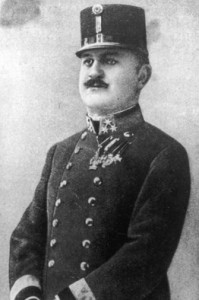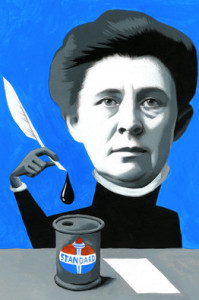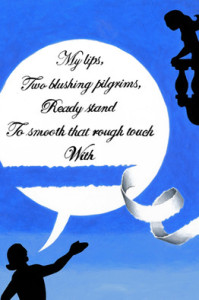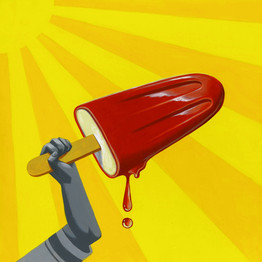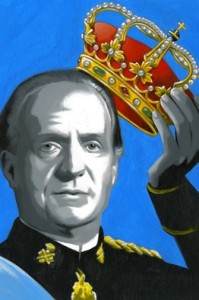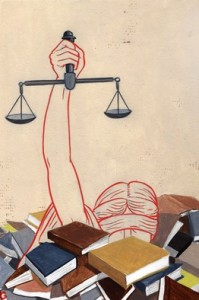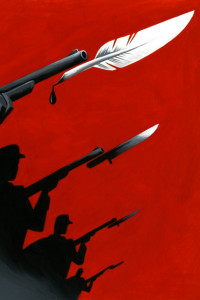As the Ebola virus ravages the west coast of Africa, scientists in Canada have reported promising new signs in the search for a cure. This could be a major step toward beating the dreaded disease. But the first such breakthrough was discovering that Ebola is spread through bats native to West Africa.
Throughout the history of pandemics, figuring out how a disease spreads has been key to controlling it. Without such knowledge, a population has scant means of defending itself.
In 1615, a French trading ship was wrecked off the coast of Massachusetts. One of the four survivors was carrying smallpox and passed it on to the Wampanoag Tribe. Time-honored Native American cures, such as sweating or bundling the sufferer, only helped spread the virus. Within 20 years, some nine-tenths of the New England tribes had disappeared.
In the 19th century, another deadly threat arrived from Europe: cholera. The U.S. had escaped the first eruption of the disease in 1817. But thanks to modern travel, the second eruption in 1829 became a trans-Atlantic pandemic. It started in India, then moved along the trade routes into Europe and China.








